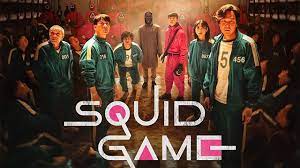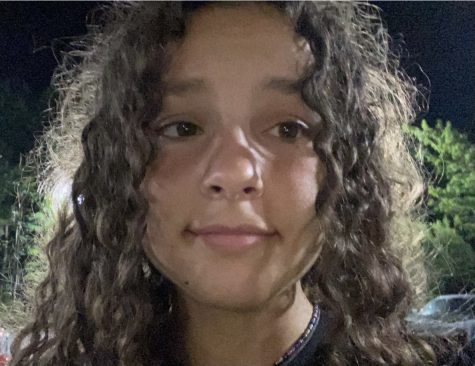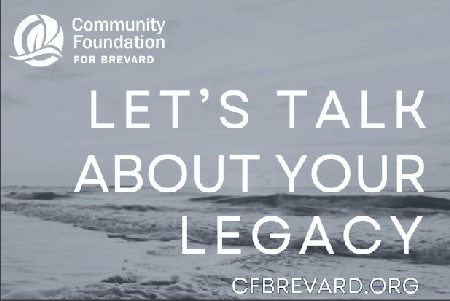A fair shake?
Netflix thriller ponders free will

November 15, 2021
“Squid Game,” a new South Korean Netflix original released on Sept. 17 features main character Seong Gi-hun, who lives in poverty with his mother and appears to be addicted to gambling. The first episode is a slice of his life that displays Gi-hun’s desperation for money, and what leads him to a remote island to compete in children’s games for a cash prize that would change his life.
The players are assembled by the workers marked with a circle, triangle or a square on their black masks and a red suits. The symbols distinguish the hierarchical society that dominates the island and plays towards the theme embedded in the show’s overall message. The workers escort the players through an intricate series of rooms until they reach the first game: red light, green light.
One rule, explaining the way in which players will be “eliminated,” fails to mention that being eliminated means certain death. This deadly turn of events quickly fills the players who survive with dread. Throughout the nine-episode thriller, the looming threat of death for favorite characters keeps viewers on their toes, making the show hard to put down.
The use of money as an incentive for risking lives is an intriguing concept and one that is explored in the series as players are not forced to compete but rather choose to do so. However, because each player’s devastating personal life, the audience is left to wonder how much free will the players actually have. All of the characters are given stories designed to elicit viewer empathy which makes the games even more enthralling.
Setting and costumes play an important role in making the show feel more realistic, as the sets of the show are all distinct and intricately related. The show’s writers expertly intertwine multiple levels of plot so that the audience is constantly guessing how the story lines will come together.
This excellent series easily lives up to it hype, resulting in a compelling thriller that asks bigger societal questions.




















































